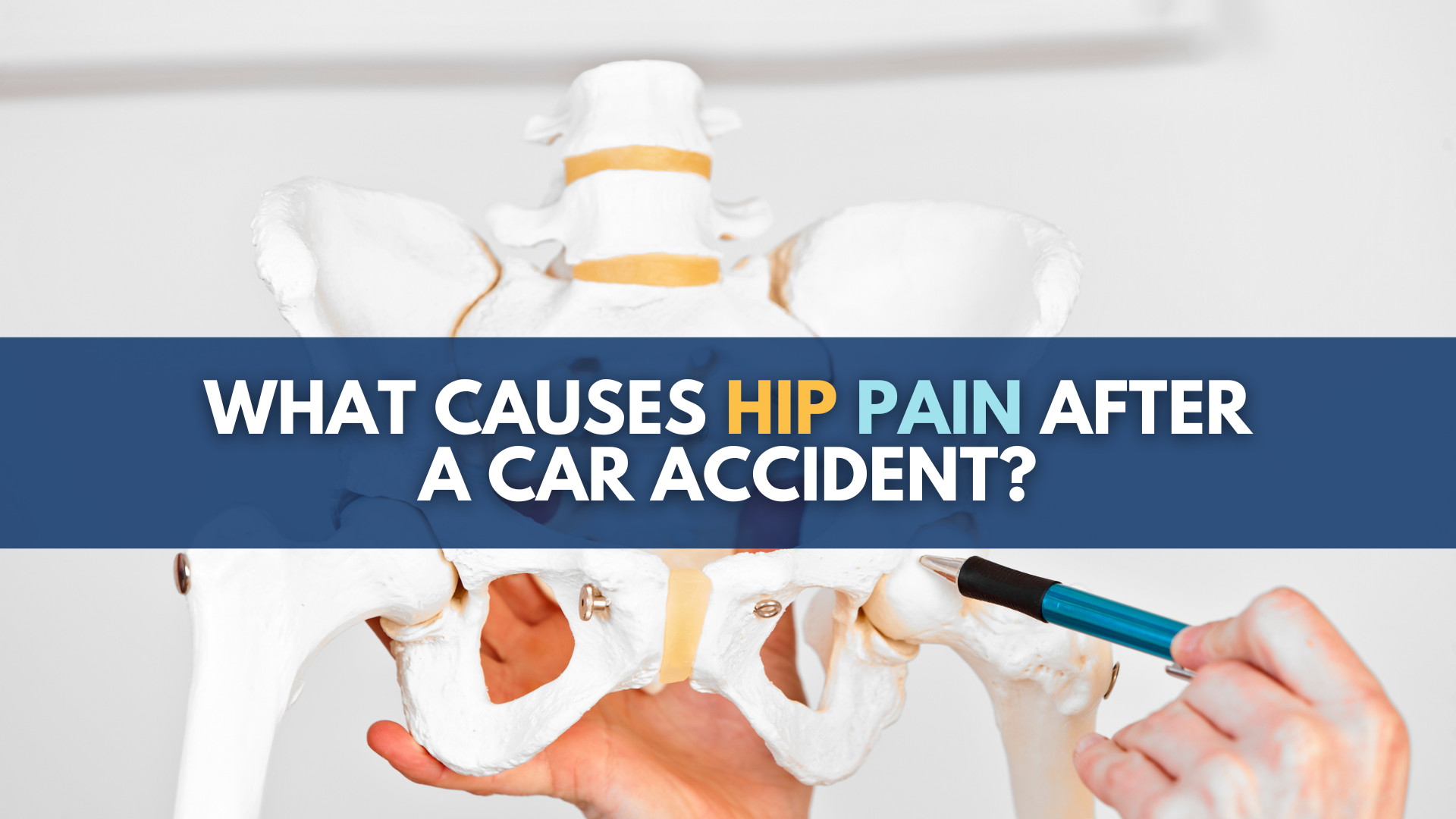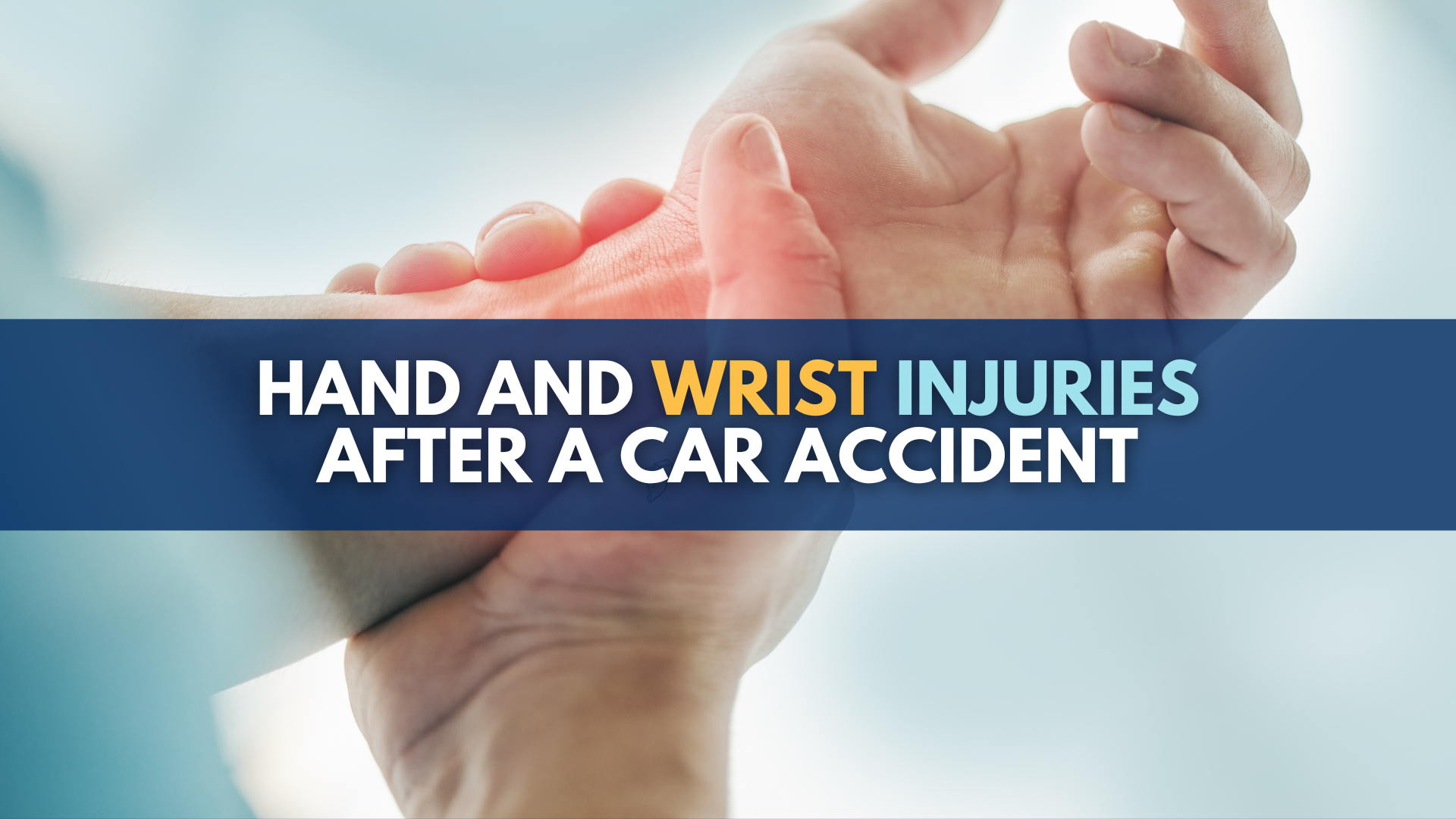Learn about your potential legal remedies after a car accident if you suffer from headaches or migraines, two very different but serious injuries

Last week, I wrote about why it’s important to never ignore a headache after a car accident, and I outlined what to expect with this common, often debilitating crash-related injury as well as your potential legal remedies. Today, I’d like to continue on the topic of post-traumatic headaches with a common question I receive from many accident victims: what’s the difference between a headache and migraine? When it comes to headaches, many people want to know the difference a headache and migraine after a car accident.
Q. Headache vs. Migraine After Car Accident: What’s the difference?
A. According to the Mayo Clinic, tension headaches can sometimes be difficult to distinguish from migraines. But unlike some forms of migraine, a tension headache is not usually associated with visual disturbances like blind spots or flashing lights, nausea, vomiting, abdominal pain, one-sided weakness or numbness or slurred speech. And while physical activity typically aggravates migraine pain, it doesn’t make tension headache pain worse.
To determine if you are suffering from a headache or migraine, below are symptoms of a migraine attack to keep in mind, according to the Mayo Clinic:
- Pain on one side or both sides of your head;
- Pain that has a pulsating, throbbing quality;
- Sensitivity to light, sounds and sometimes smells;
- Nausea and vomiting;
- Blurred vision;
- Lightheadedness, sometimes followed by fainting.
When untreated, a migraine usually lasts from four to 72 hours, but the frequency with which they occur varies from person to person. You may have migraines several times a month or more.
When to see a doctor if you suspect you have migraines
As I wrote last week, please do not ignore any headaches or migraines you suffer after a car accident. Headaches are often one of the very first symptoms of a traumatic brain injury, concussion and closed-head injury.
Migraines, as with most headache symptoms, are often undiagnosed even after serious car accidents.
As a brain injury lawyer, it’s common for a spouse, a significant other, or a family member to tell me about headaches and migraines. This can be weeks or even months after a car accident, and a person has received no medical care or treatment for it.
It’s sadly common. Most lawyers and even most doctors focus on the obvious injuries, like broken arms, heavy bleeding or soft-tissue neck injuries and back injuries. Headaches and migraines are not obvious, and they’re usually ignored. Even when an auto accident victim specifically reports these headaches to their doctors, a primary care doctor will often wait months before making a neurology referral. We live in a managed care world, and it can often take six months or longer for a primary doctor to write a referral prescription to a neurologist.
That being said, if you regularly experience any of the signs and symptoms of migraine attacks mentioned above, it’s very important to try to keep a record of your attacks and how you treated them. And make an appointment with your doctor as soon as possible to discuss your potential migraines.
Even if you have a history of headaches, see your doctor if the pattern changes or your headaches suddenly feel different. Remember, migraines are not something to be dismissed.
The Mayo Clinic also advises to see your doctor immediately or go to the emergency room if you have any of the following signs and symptoms, which may indicate other, more serious medical problems:
- An abrupt, severe headache like a thunderclap;
- Headache with fever, stiff neck, mental confusion, seizures, double vision, weakness, numbness or trouble speaking;
- Headache after a head injury (like a car accident), especially if the headache gets worse;
- A chronic headache that is worse after coughing, exertion, straining or a sudden movement;
- New headache pain if you’re older than 50 years old.
What are my legal rights if I have a migraine after a car accident?
As a personal injury lawyer and as the chair-elect of the American Association for Justice Traumatic Brain Injury Litigation Group, I spend most of my legal practice helping people with brain injuries and post traumatic headaches, often including migraines.
Tragically, these head injuries and headaches often persist for many of the car accident survivors I help.
To make matters worse, many Michigan personal injury attorneys will not take cases or file a lawsuit for pain and suffering if you suffer from migraines only. These cases may or may not qualify under Michigan’s auto accident threshold law, which requires that an injury be “objectively manifested.”
Clearly erroneous case law, such as Netter v. Bowman (overruled by McCormick v. Carrier) has added to the confusion. Netter was released in September, 2006. The Netter Court interpreted the legal definition of “objective manifestation” as “that a plaintiff’s injury must be capable of objective verification by a qualified medical person, either because the injury is visually apparent or because it’s capable of detection through the use of medical testing.” Many injuries, including headaches, would fail under this requirement. Thankfully, Netter v. Bowman was subsequently overturned by the Michigan Supreme Court.
And even if a Michigan lawyer is able to meet this “objective manifestation” requirement, many lawyers feel these “invisible” injury cases are too difficult to prove in court because jurors can’t see the very serious damage and symptoms they cause.
Migraines and Headaches Michigan No-Fault Benefits
If you have been injured in a motor vehicle accident and suffer from headaches or migraines, you can recover Michigan No Fault benefits.
Your auto No Fault insurance benefits will include reimbursement of medical care and mileage related to the crash, wage loss for the time you missed from work, and nursing services and help around the house. It’s important to note that any concern over “objective manifestation” applies only to the third-party tort case for injuries and pain and suffering under Michigan law, not to a person’s ability to collect first-party (PIP, or Personal Injury Protection) No Fault benefits.
Feel free to call our attorneys at (800) 968-1001 if you have more questions about your headaches and migraines and your potential legal remedies. We’re here to help, and there’s absolutely no charge for us to review your circumstances.


